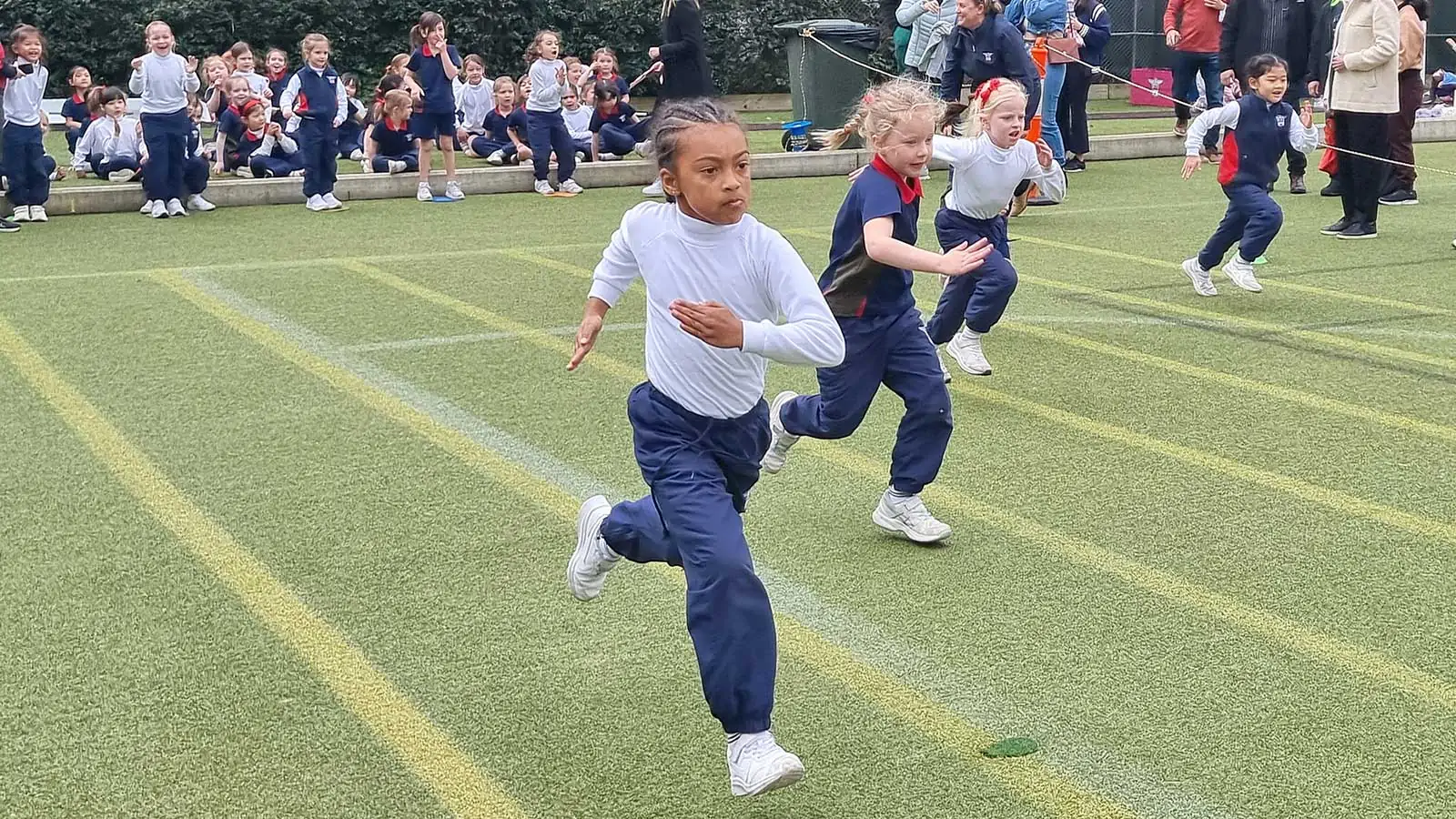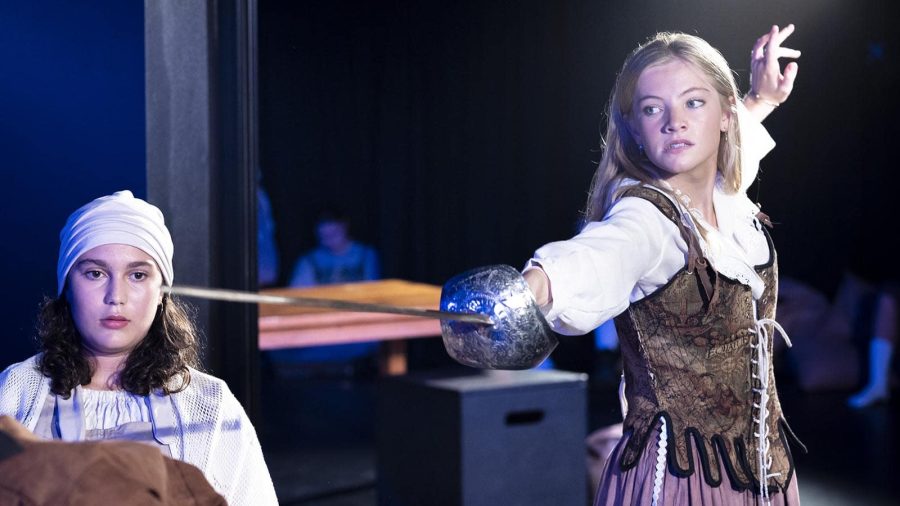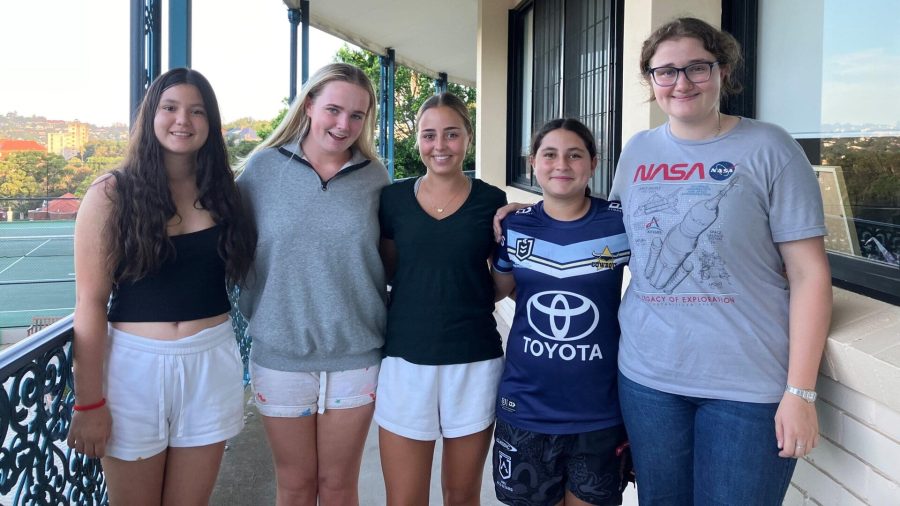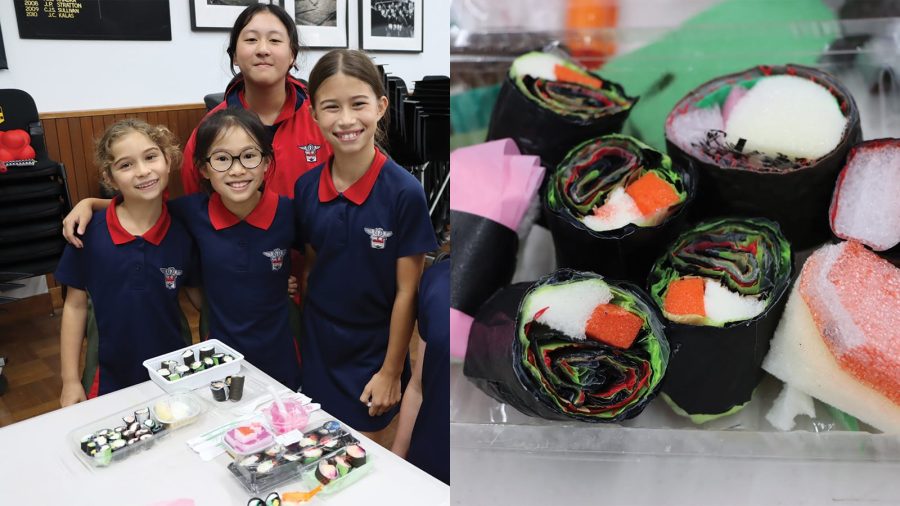Ascham’s Head of Sport Alex Butt brings us her analysis of the evolution of girls’ and women’s sport…
It is time to expect more from our Ascham Sports program and ensure sport focuses on increasing student capacity and resilience. It is imperative now that we lead the way in changing the game at a school level—reframing what sport ‘should’ be or what it has traditionally been, for what it could be.
We need to move from a focus on pure physical skill development, with the hope that some social and emotional learning occurs, to one that provides an intentional curriculum and becomes truly transformational (and fun) for our students.
The last 10 years has seen significant changes to the female sporting landscape. In that time, we have not only witnessed the development of more than six new professional leagues (WBBL, AFLW, Super W, W-League, Women’s Rugby League, Women’s European Championships) but also seen long-running professional competitions such as WNBL and Super Netball revamped to capitalise on the growing marketplace surrounding women’s sport.
The ongoing success of our Australian female athletes combined with this increasing professionalism has led the way in the drive for pay equity, pathways for officials, and greater female involvement in the boardroom at an executive level across various sporting organisations.
These exciting opportunities present women with a legitimate career path in sport both on and off the field, however, the most important outcome of this changing landscape centres greatly around the visualisation of crucial role models to inspire greater sports participation among young girls.
We know that student sports participation is positively correlated with a number of metrics including improved cognitive function, mental health, communication, social connections, confidence and academic results. But the positive outcomes of sports participation are not just limited to a girl’s school years.
LINKING SPORT AND PROFESSIONAL SUCCESS
A 2014 ESPN survey of 400 women across four continents found that 74% of respondents suggested that a background in sport helped accelerate a woman’s career. The survey also identified that the top three leadership skills developed by sport were:
- the ability to see projects through to completion
- motivational skills and
- team building.
Interestingly, the survey identified the perception that those involved in sport were more likely to exhibit desirable traits such as a strong work ethic, be team players and be more determined.
Closer to home, HSBC research (2018) suggests that 98% of Australian women who play sport recognise a clear link between their professional success and the skills gained in playing team sport. This included 56% of women surveyed felt sport contributed to improvement in professional confidence and mental strength, while 46% felt sport contributed to their ambition and time management.
INTENTIONAL WELLBEING
The exact understanding of how participation in sport achieves all of these benefits is relatively limited—most models centre around a combination of changes in the brain combined with improved social and emotional skills such as improved perceptions of one’s abilities, higher levels of connectedness and better coping skills (including improved sleep), which lead to overall increased wellbeing.
What we do know is that although the evidence for sports participation indicates an overwhelmingly positive impact on our students, we also know that the benefits are not simply an automatic consequence of participation. In order to create a holistic journey to sporting excellence, we need to use sports more intentionally as a tool of human wellness and development. Many schools talk a good game on how their sports programs have a positive impact on student wellbeing, but very few set out to intentionally cultivate an environment that contains the building blocks necessary for students to truly develop the skill, knowledge and expertise to allow them to cope with pressure, relish opportunities, know their strengths and raise the bar pretty much wherever they go.
The book Re-Designing Youth Sport: Change the Game identifies that the harsh reality of the way sport is configured in most places—an over emphasis on winning at all costs, lack of physical activity in training sessions, low player engagement and early specialisation—may just as likely teach children to cheat, bend the rules and see what they can get away with, much more than demonstrating ethical, socially responsible and caring behaviours.
TIME TO LEAD
Our goal is for Ascham Sport to be a leader in a new environment that values excellence over success. Success is about being measured in comparison to others, but excellence is about being the best we can be. It is about setting the bar high and making mistakes along the way because our students are trying things that others only dream about.
Ultimately, the aim is to create a journey based on play, which helps every student into adulthood with the skills to succeed in the 21st century as a high performer both on and off the field.
It is now time to ensure that we provide programs for our students to learn, lead and grow like champions—supporting them to become the strong, confident young women they all have the opportunity to be.
References:
Entertainment and Sports Programming Network (ESPN) survey 2014
HSBC Women in Sport 2018 survey
McCarthy, J. et al 2016 Re-Designing Youth Sport: Change the Game, Routledge, New York
Learn more about Ascham Sport here.



